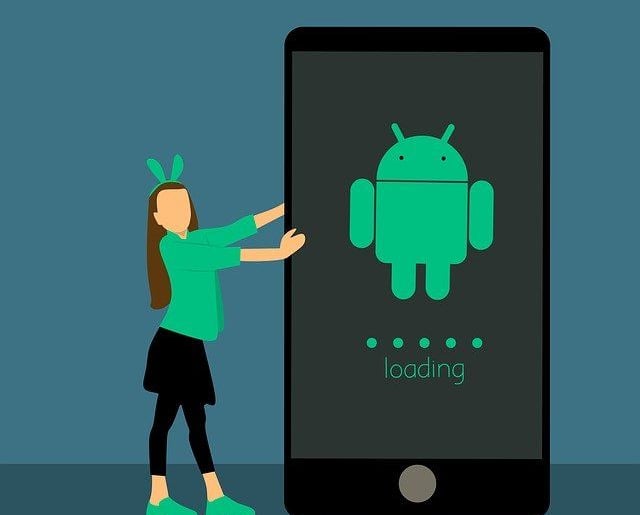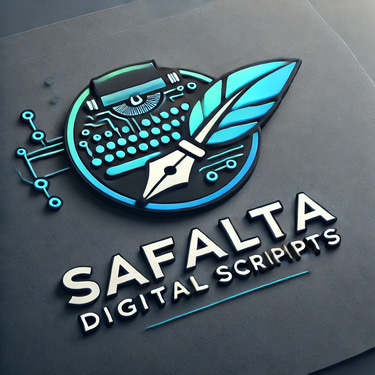Step-by-Step Android Development Tutorial: From XML Layouts to APIs
Take your shot at Android development with this detailed tutorial that focuses on programming languages such as Java, Kotlin, Dart, XML and Flutter for creating appealing applications. Use our roadmap and hit the best books, tutorials, and courses. Consider developing a Trivia App or a National Park App where you will use Android Studio among other tools. Learn how to make applications interact over the Internet using technologies such as JSON, APIs or databases such as SQLite, ROOM and realtime ones like Firebase and Firestore. The tips on this blog apply for newcomers all the way to pros.
12/25/20244 min read


Introduction:
Brief Overview of Android Programming -
Android programming is creating applications for devices running the Android operating system, which powers billions of smartphones, tablets, and other devices around the world. With its open-source nature and vast developer support, Android has emerged as one of the top mobile app development platforms with vast opportunities for innovation and growth in various industries.
Android programming is flexible with its rich ecosystem of languages and tools. The main programming languages for robust, efficient app development are Java and Kotlin, and the user interface is designed with XML. Flutter and Dart allow developers to write an app that can run both on Android and iOS platforms from a single code base. Such a powerful set of tools ensures flexibility, efficiency, and diversity of app requirements.
Purpose of the Blog -
This blog provides a clear roadmap and curated resources to master Android programming. It is for the beginner and the experienced developer, and it will guide you through the essential tools, languages, tutorials, and projects to build your expertise in creating dynamic and user-friendly Android applications.
Android Programming Roadmap:
Step 1: Basics -
Learn the basic languages for Android development, which are Java and Kotlin.
Learn XML basics as an effective method for developing an interface.
Step 2: Intermediate -
Start with Flutter and Dart since this will help you with writing apps that will run on multiple platforms.
Look into making themes and animations so that the app's interface looks professional and stunning.
Step 3: Advanced -
Learn to connect apps with the web via JSON for data interchange and APIs for backend communication.
Get to learn data management with databases like SQLite and ROOM and develop real-time features using Firebase and Firestore.
Recommended Books -
For Beginners:
"Android Programming for Beginners" by John Horton: A complete guide to create Android apps right from the ground up.
"Head First Android Development" by Dawn Griffiths: An interactive and welcoming way to learn Android development concepts.
For Advanced Learners:
"Kotlin for Android Developers" by Antonio Leiva: The detailed account of using Kotlin to create modern Android apps.
"Flutter for Beginners" by Alessandro Biessek: A total guide that provides the burning chances to master Flutter and Dart onto cross-platform developments.
Top Tutorials and Courses -
Free Online Tutorials:
Android Developers (Official Documentation): This is the best source for Android concepts.
Beginner Tutorials on Udemy: These are beginner-friendly courses with a lot of practical examples and hands-on projects.
Video Tutorials:
YouTube Channels: A channel like Programming with Mosh includes excellent and stepwise video tutorials on Android programming concepts.
Courses:
The Android App Development Specialization on Coursera: Coursera is a structured program encompassing everything from the basics to advanced topics.
Udacity's Advanced Android Developer Program: For someone who has already been working as a developer, this course imparts advanced Android development techniques.
Hands-On Projects -
Some beginner projects:
Trivia app: Create a basic quiz app focusing on user input, UI design, and general functionality.
National Park Information App: Create an app that shows dynamically content about national parks based on XML and simple database queries.
More advanced projects:
Animated Song or Video App: Create an application that shows animations and can play multimedia content. This will help sharpen your UI-UX knowledge and media manipulation abilities.
Real-Time Chat App: Create a multi-window chatting app by working with Firebase and Firestore with a heavier emphasis on real-time data sync and user authentication.
Software for Android Development -
Android Studio - The Primary IDE
Android Studio is the official Integrated Development Environment (IDE) for developing Android apps. It provides a comprehensive platform on which to build, test, and debug Android applications.
Key Features:
1. Layout Editor: A drag-and-drop interface for creating user-friendly layouts for your app design tasks.
2. Code Debugging: It has powerful debugging tools to help you trace through your code and find a problem.
3. Emulators: Built-in device emulators will help you test out your apps at varying screen sizes and configurations without the use for actual devices.
Connecting Apps to the Web -
Understand JSON:
Learn to use JSON (JavaScript Object Notation) for the efficient exchange of standard data between an Android application and a web server.
REST APIs:
Integrate REST APIs for communication between your app and the backend, allowing your app to send and receive data from the internet quickly and seamlessly.
Database Management:
Use SQLite to store lightweight and local data.
Use ROOM as a modern database layer on top of SQLite, allowing simpler database queries.
Real-Time Functionality:
Develop real-time app features like live data updates, synchronization with Firebase and Firestore provides your scalable cloud-based app features.
Tips for Effective Learning -
Hands-on Projects: Be involved in real-world assignments that will help you in putting into application and consolidation with your understanding.
Constant Updates: Follow blogs, tutorials, and official Android updates to stay updated with development trends and tools.
Connecting People: Be part of the Android developer community forums like the Stack Overflow and Reddit, where you can share experiences and ask for help and help each other.
Conclusion -
Summary:
This guide provided a thorough road map to successfully master Android programming, including the best books, tutorials, online courses, tools, and hands-on projects to build your skills.
Encouragement:
Now is the time to take a plunge into the world of Android development. If you're ready to take on the challenge, you'll unleash your potential to create impactful mobile applications.
Career Growth:
If you excel at Android programming, it opens up many avenues for your career in mobile application development, and there's plenty of space for innovation and growth. Start at this very moment, and you can define your future in technology!
Thank you for taking the time to read the guide on Android programming. It is hoped that this guide has helped you to get on your path to mastering app development. Happy coding!
Drop a Comment Here

